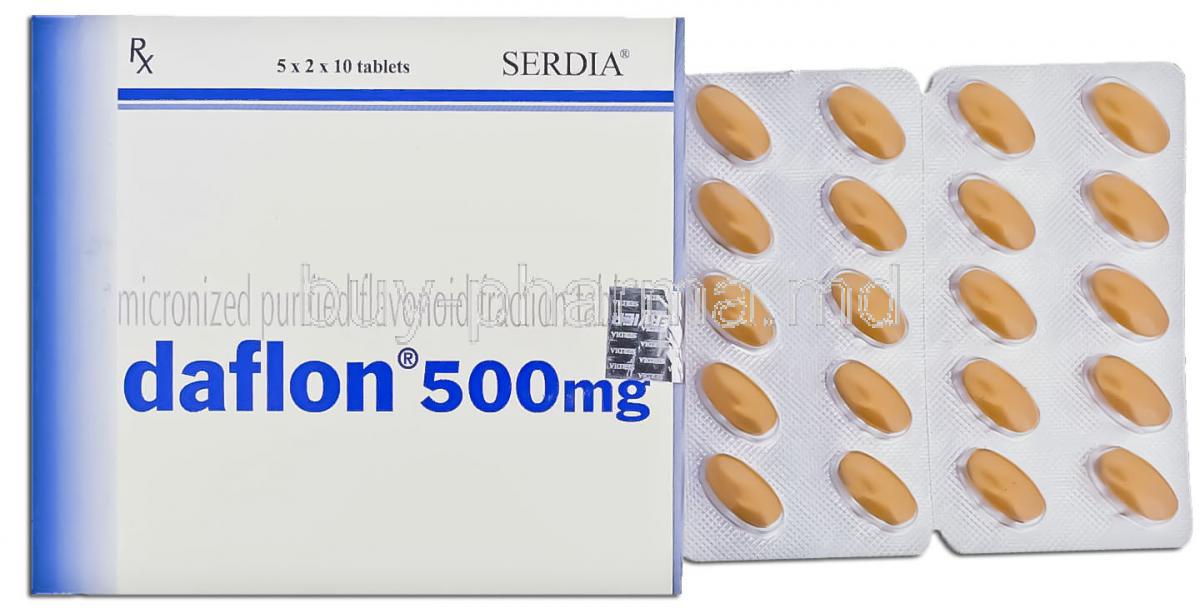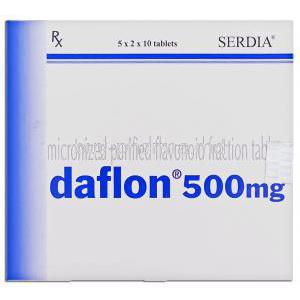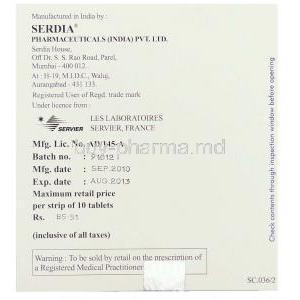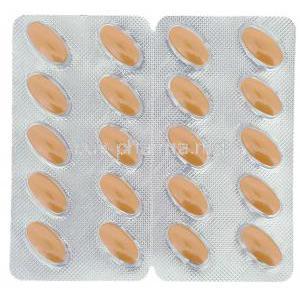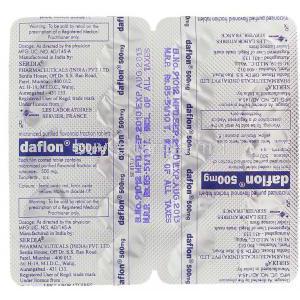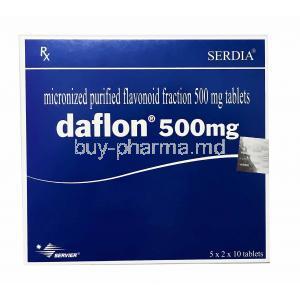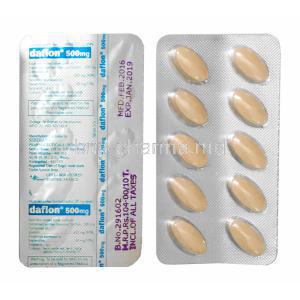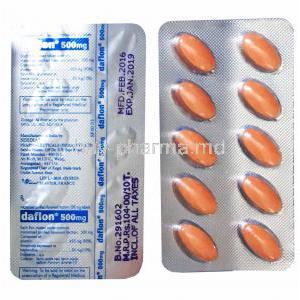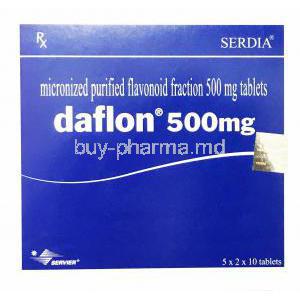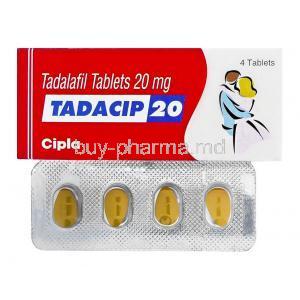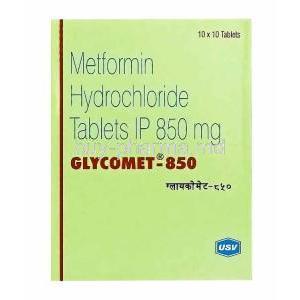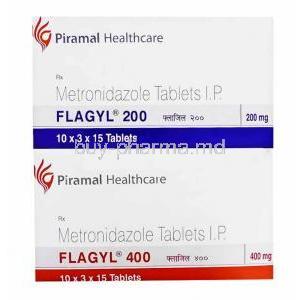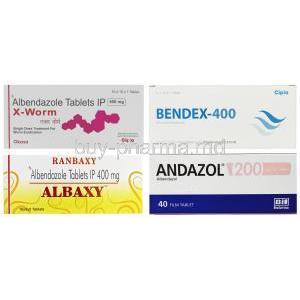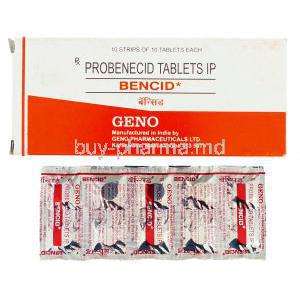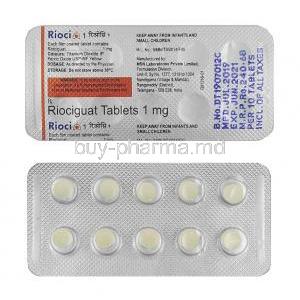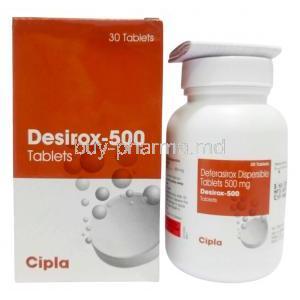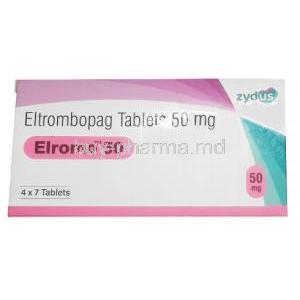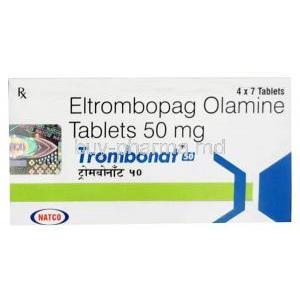Daflon
- I. Introduction
- II. Uses of Daflon
- III. How Daflon Works
- IV. Dosage and Administration
- V. Off-Label Uses of Daflon
- VI. Common Side Effects
- VII. Severe Side Effects
- VIII. Interaction with Other Medications
- IX. Warnings and Precautions
- X. Administration to Special Populations
- XI. Overdosage
- XII. Storage and Handling Precautions
- XIII. Contraindications
- XIV. Important Precautions
- XV. Summary and Key Takeaways
I. Introduction
Daflon is a type of medication categorized as a phlebotomist and vascular protector. Its purpose is to improve the tone of veins and promote lymph drainage, providing relief for venous and lymphatic disorders. The main active ingredient in Daflon's micronized purified flavonoid fraction (MPFF) primarily consists of diosmin and hesperidin. These compounds are derived from a group of compounds called flavonoids, commonly found in citrus fruits. Healthcare professionals typically prescribe Daflon for medical conditions; Chronic Venous Insufficiency (CVI), Hemorrhoids, and Lymphedema Post-thrombotic Syndrome.
II. Uses of Daflon
Daflon is commonly used to treat venous insufficiency, which occurs when the veins in the legs struggle to transport blood back to the heart efficiently. It helps reduce swelling in the legs and eases other symptoms of CVI, such as pain and a heavy sensation. Additionally, this medication is often prescribed to alleviate hemorrhoid symptoms, including inflammation, pain, and bleeding. Furthermore, Daflon has been recognized as a treatment option for lymphedema. It works by improving fluid drainage and reducing swelling and discomfort associated with this condition. Moreover, Daflon is utilized for treating the thrombotic syndrome. This long-term complication arises after experiencing deep vein thrombosis (DVT), and reducing inflammation and enhancing tone aids in managing this condition effectively.
References:
1: Hesperidin (Daflon®) | Heavy legs & Hemorrhoids - All you need to know … 2: Daflon 500/Daflon 1000 Dosage & Drug Information - MIMS 3: Daflon | Side Effects | Dosage | Precautions | Warnings | Medicine
III. How Daflon Works
The way Daflon works is by increasing the tone of veins, which in turn reduces their ability to stretch and become enlarged. The diosmin component of MPFF mainly causes this effect. Daflon is known to impact the health and flexibility of veins and small blood vessels, making it an essential factor in managing vascular health. Additionally, Daflon has anti-inflammatory properties as it can help inhibit the release and production of different substances that cause inflammation.
IV. Dosage and Administration
The usual recommended dose for Daflon is 500 mg, taken twice a day. It is best to take the medication with meals as your doctor prescribes. In some cases, like for patients or those with kidney issues, the dosage may need to be adjusted. It's essential to follow the guidance of a healthcare professional in such situations. Daflon comes in tablet form. It should be swallowed with a glass of water during meals. The duration of treatment with Daflon varies depending on the condition being treated, so it's crucial to adhere to the prescribed term given by your doctor for optimal results.
V. Off-Label Uses of Daflon
Daflon is sometimes considered to help alleviate symptoms related to varicose veins, such as pain, heaviness, and swelling. Additionally, there is research indicating the potential benefits of Daflon in treating cellulitis; however, further studies are needed for confirmation. It is worth noting that some healthcare professionals may also prescribe Daflon for managing microangiopathy, a condition affecting small blood vessels in individuals with diabetes.
References:
1: Comparison of Pycnogenol® and Daflon® in Treating Chronic Venous … 2: All you need to know about Diosmin + Hesperidin (Daflon®) | Heavy legs … 3: Cellulitis - Symptoms and causes - Mayo Clinic : Cellulitis - NHS
VI. Common Side Effects
Gastrointestinal symptoms can manifest as nausea, stomach discomfort, and episodes of diarrhea. Sometimes, individuals may also experience dizziness or headaches as neurological symptoms. Additionally, specific individuals may develop skin rashes or hives in response to Daflon.

VII. Severe Side Effects
Rarely Daflon may have the potential to cause allergic reactions. These reactions are characterized by difficulties in breathing, swelling of the face or throat, and dizziness. It is important to note that these reactions are relatively uncommon. In rare cases, Daflon can lead to serious side effects that should not be taken lightly. These effects include stomach or abdominal pain, persistent feelings of nausea or vomiting, and the presence of dark urine. It is crucial for individuals experiencing symptoms to inform their healthcare provider about these severe side effects promptly. Patients are strong. They are encouraged to report any alarming or severe side effects they experience while taking Daflon to their healthcare professionals without delay. This will ensure proper attention is given, and appropriate measures can be taken if necessary.
VIII. Interaction with Other Medications
Everyday Drug Interactions: no known drug interactions are associated with Daflon. However, discussing with your healthcare provider about all the medications and supplements you are currently taking is crucial. Daflon and Anticoagulants; While Daflon generally does not interact with drugs, it is still recommended to be cautious when taking it alongside anticoagulant medicines. Effects of Daflon on Contraceptives; There is currently no evidence indicating that Daflon interacts with oral contraceptives. Nevertheless, it is always advisable to consult healthcare before starting any new medication.
IX. Warnings and Precautions
Contraindications for the Use of Daflon Patients with a known sensitivity to diosmin, hesperidin, or any ingredients in Daflon should avoid taking this medication. Additionally, individuals with kidney problems may be advised against using it. Careful Administration for Sensitive Individuals When administering Daflon to people with known sensitivities to medications, gastrointestinal disorders, or compromised liver or kidney function, particular caution should be taken. This includes; Regular monitoring of liver and kidney function through tests. Starting with doses and gradually increasing if necessary. Close observation for any signs of intolerance or adverse reactions. Necessary Precautions Before Starting Treatment Before beginning treatment with Daflon, patients should thoroughly discuss their history with their healthcare provider. This includes mentioning any experiences of severe constipation, kidney diseases, or unusual allergies.
X. Administration to Special Populations
When it comes to patients, Daflon is generally well tolerated. However, it's essential to monitor them for any potential side effects and make adjustments to the dosage based on their kidney function. As for women and nursing mothers, current data doesn't indicate any associated risks with taking Daflon during pregnancy. However, it should only be used if absolutely necessary. We don't know yet if Daflon is excreted in milk, so caution should be exercised when administering it to nursing mothers. Regarding children, we haven't established the safety and effectiveness of Daflon in patients. Therefore unless a healthcare professional prescribes it, after assessing the risks and benefits, it shouldn't be administered to children.
XI. Overdosage
Recognizing the indications and manifestations of taking an amount of Daflon is crucial. Although it is uncommon, an overdose can lead to discomfort in the tract, dizziness, and headaches. If you suspect an overdose seeking medical assistance is necessary. In some cases, treatment primarily focuses on providing support and managing symptoms. It's important to note that there are currently no known term harmful effects associated with taking too much Daflon; however, regular monitoring by a healthcare professional remains essential.

XII. Storage and Handling Precautions
To maintain the quality of Daflon it is recommended to store it at room temperature from any moisture or direct sunlight. When holding Daflon it is essential to avoid hot or cold environments and make sure to keep it out of reach of children and pets. To ensure the safety of others and the environment unused or expired Daflon should be disposed of according to pharmaceutical disposal regulations.
XIII. Contraindications
Patients with a known allergy or sensitivity to Daflon or any of its ingredients should refrain from using this medication. In cases of kidney problems or a history of gastrointestinal disorders, it is advisable to exercise caution when considering Daflon. Additionally,, patients already taking types of anticoagulants or antiplatelet drugs should avoid using Daflon as there is a risk of interaction that may lead to an increased chance of bleeding.
XIV. Important Precautions
Patients who are prescribed Daflon should make sure to have checkups with their healthcare provider. These appointments are essential for monitoring side effects and ensuring the medication works as intended. It is also recommended that patients maintain a lifestyle while taking Daflon, which includes having a balanced diet and engaging in regular exercise. This can help enhance the effectiveness of the medication and promote venous health. While no evidence suggests that Daflon directly affects health, it's crucial to report any new or unusual symptoms to a healthcare professional.
XV. Summary and Key Takeaways
Daflon has been widely used as a treatment for venous disorders and is generally well tolerated with minimal side effects for most patients. If you are experiencing venous insufficiency, hemorrhoids, lymphedema, or post-thrombotic syndrome, your healthcare professional may consider Daflon a potential treatment option. Talking with your healthcare provider regarding your medical history, current medications, possible side effects, and what outcomes you can expect from Daflon thoracoscopy is crucial.

